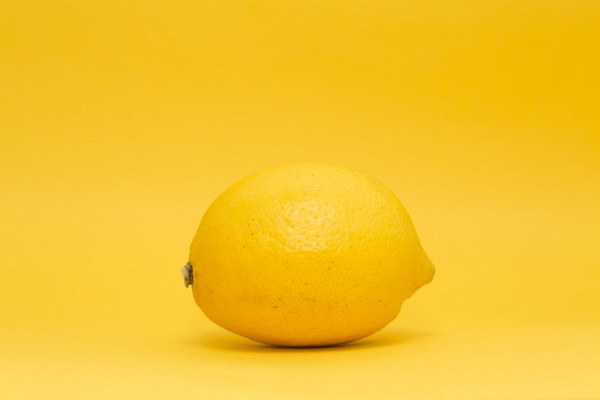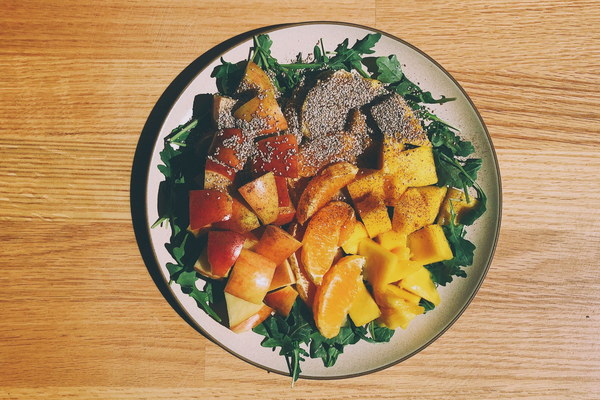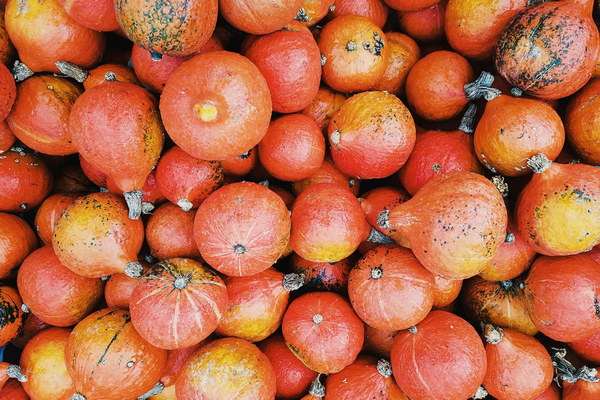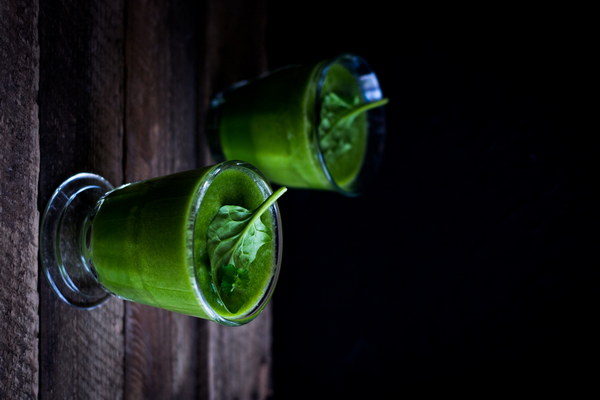Top Nutritional Supplements for Women Planning to Conceive
Embarking on the journey of pregnancy is an exciting time for women, and ensuring that the body is well-prepared for conception is of utmost importance. Nutrition plays a crucial role in fertility, and certain supplements can significantly enhance the chances of conception. In this article, we will explore the top nutritional supplements that can benefit women planning to conceive.
1. Folic Acid
Folic acid is a B-vitamin that is essential for the production of new cells, including those of the fetus. It is particularly important for women trying to conceive because it helps prevent neural tube defects in the developing baby. The recommended daily allowance (RDA) of folic acid for women of childbearing age is 400 micrograms. Foods rich in folic acid include leafy greens, beans, and fortified cereals. However, taking a folic acid supplement is often recommended to ensure adequate intake.
2. Omega-3 Fatty Acids

Omega-3 fatty acids are essential for the healthy development of the baby's brain and eyes. They also have anti-inflammatory properties that can improve fertility. Fish oil supplements are a great source of omega-3s, but it's important to choose a high-quality, mercury-free product. The recommended daily intake of omega-3 fatty acids is between 250 and 500 milligrams.
3. Vitamin D
Vitamin D is essential for calcium absorption, bone health, and immune function. Research suggests that vitamin D deficiency may contribute to fertility issues in women. The RDA for vitamin D is 600 international units (IU) per day. While sunlight is a natural source of vitamin D, many people need to supplement their diet with fortified foods or supplements to meet their needs.
4. Iron
Iron is a vital nutrient for women trying to conceive because it plays a role in the production of hemoglobin, which carries oxygen to the body's tissues. Iron deficiency can lead to anemia, which may cause fatigue, weakness, and an increased risk of miscarriage. The RDA for iron for women of childbearing age is 18 milligrams per day. Foods rich in iron include red meat, poultry, fish, beans, and fortified cereals. However, iron supplements are often recommended to ensure adequate intake.
5. Vitamin C
Vitamin C is a powerful antioxidant that can help improve fertility by reducing oxidative stress. It also enhances the absorption of iron from plant-based foods. The RDA for vitamin C is 75 milligrams per day for women. Citrus fruits, strawberries, bell peppers, and leafy greens are excellent sources of vitamin C.
6. Coenzyme Q10 (CoQ10)
CoQ10 is a nutrient that plays a role in energy production and cellular function. Research suggests that CoQ10 supplementation may improve fertility in women with polycystic ovary syndrome (PCOS) and other fertility issues. The recommended dosage for fertility support is typically between 60 and 200 milligrams per day.
7. DHEA (Dehydroepiandrosterone)
DHEA is a hormone that is produced naturally in the adrenal glands. It has been shown to improve fertility by increasing ovarian reserve and improving egg quality. The recommended dosage for fertility support is typically between 50 and 200 milligrams per day.
Before starting any new supplement regimen, it is important to consult with a healthcare provider. They can help determine the appropriate dosage and ensure that the supplements are safe and suitable for your individual needs. In addition to supplementation, maintaining a balanced diet, engaging in regular exercise, and reducing stress are also important factors in preparing for a healthy pregnancy.
In conclusion, certain nutritional supplements can significantly enhance fertility and increase the chances of conception. By incorporating these supplements into your diet and lifestyle, you can help ensure that your body is well-prepared for the journey of pregnancy.









